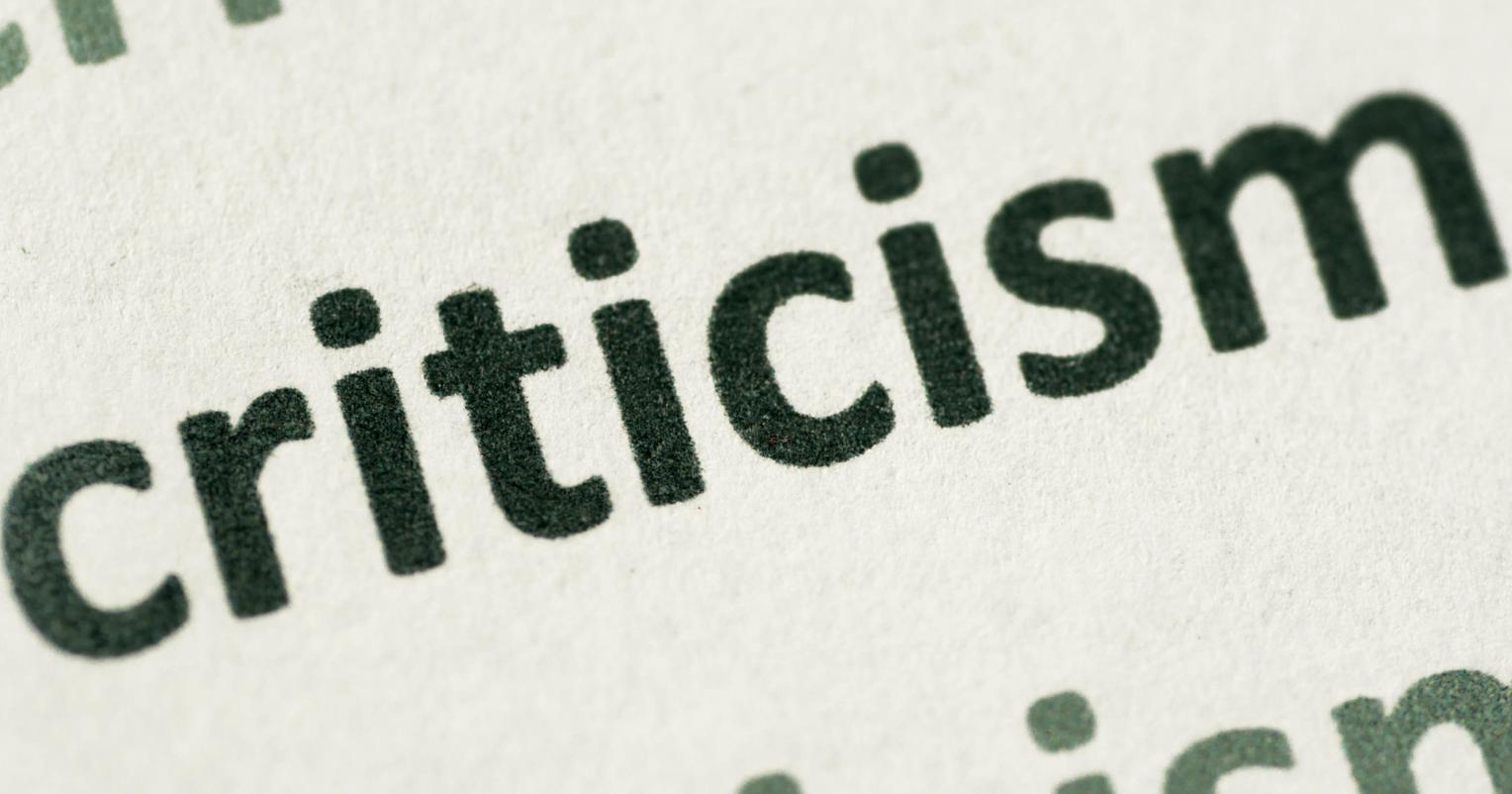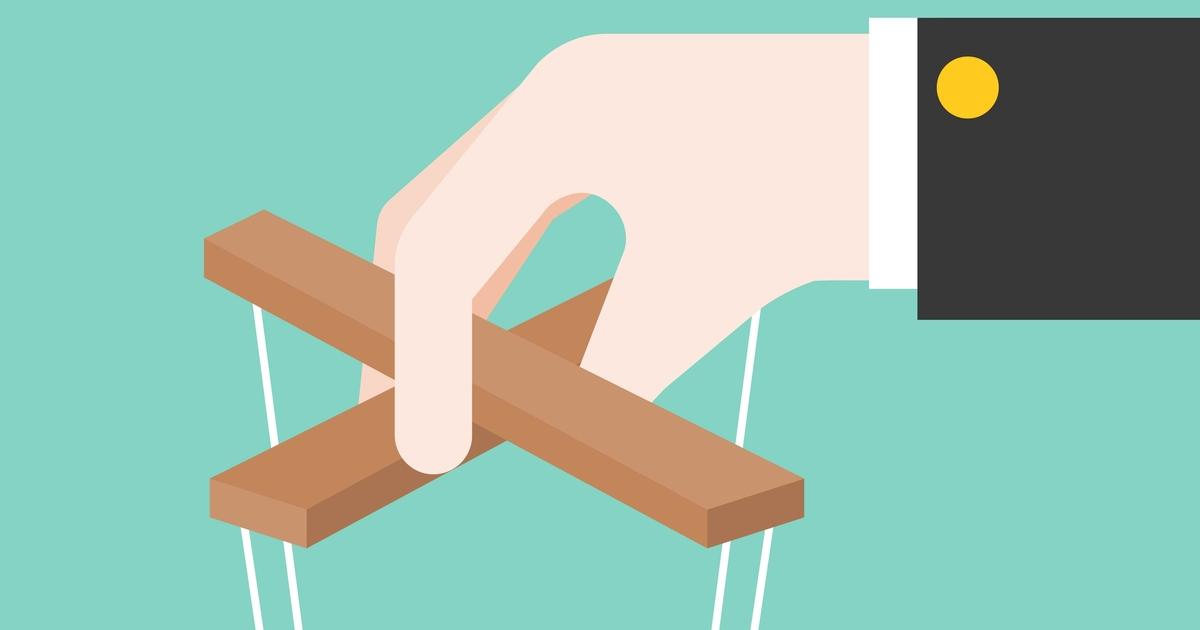Warning Signs Of Narcissistic Personality Disorder
Narcissistic personality disorder is one of several different personality disorders, which are a category of mental health disorders. This condition causes an individual to experience an inflated sense of self-importance, a need for undue or excess admiration and attention, troubled interpersonal relationships, and low or no empathy for other people. Although individuals with narcissistic personality disorder may outwardly appear confident, this mask hides a sense of fragile self-esteem and extreme vulnerability. Those with this condition are extremely sensitive to criticism and may lash out if they feel threatened. Narcissistic personality disorder causes issues in multiple areas of life including financial matters, school, work, family, and other interpersonal relationships. A patient with this personality disorder tends to be deeply unhappy and experience disappointment in their day-to-day life.
Get familiar with the warning signs of narcissistic personality disorder now.
Sense Of Entitlement

Individuals with narcissistic personality disorder may express a sense of entitlement to other people's resources, energy, and time. They may expect to be admired excessively and constantly, even if their actions aren't ones that typically merit admiration. Someone with this personality disorder might demand praise for doing the bare minimum of their job or relationship requirements. It might be difficult to tell when a sense of entitlement ceases to be a healthy part of relationships and begins being a problem. Human beings are entitled to a certain level of love, security, and affirmation from their peers. It's normal to seek reassurance and affection, as these are basic human needs. However, this becomes entitlement when individuals begin to seek reassurance and validation at the expense of the well-being of others. An entitled person may demand things of others they have no reason to give. They may demand to be given time, money, and attention. If the other person doesn't meet their demands, the person with narcissistic personality disorder may take a blow to their self-esteem, which might, in turn, cause them to become angry and lash out.
Uncover more indicators of narcissistic personality disorder now.
Believe They Are Superior

A patient with narcissistic personality disorder will often believe they are superior to others. They may regard other individuals as being irrational or too emotional, and they may believe they are more rational or logical. Alternatively, they may believe their emotions are rational and justified, even if they condemn the same feelings in others. A person with narcissistic personality disorder will often believe they're entitled to special treatment without thinking others deserve the same. This sense of superiority is often called a superiority complex. Someone with this personality disorder may invest a great deal of importance to being better than others, and they may desire consistent validation that this is the case. But ironically, this superiority complex tends to mask feelings of deep inferiority. The person with narcissistic personality disorder is often convincing themselves of their superiority so they don't have to confront their fears and insecurities. When they don't get the external validation they need to upkeep this appearance, their sense of self-worth begins to crumble.
Get more details on the symptoms of narcissistic personality disorder now.
Issues With Handling Criticism

Individuals with narcissistic personality disorder frequently display issues with handling criticism and they need others to validate their sense of worth and superiority. If they're criticized in any way, it tends to cause a serious blow to their self-esteem. However, difficulty handling criticism isn't automatically a sign of narcissistic personality disorder. Many individuals aren't taught how to handle criticism when they're growing up. Multiple mental health issues present with an inability to handle criticism, which occurs when the fear of being wrong becomes so severe it's pathological. In a person with narcissistic personality disorder, the inability to handle criticism often stems from an inability to acknowledge themselves as someone with flaws. If they acknowledge they're imperfect, their mask of faked self-esteem will crumble. Unfortunately, this can also cause stagnation and problems in interpersonal relationships. If a person with narcissistic personality disorder is unable to accept that their behavior hurts another person, they won't change it, which leads to strain on others. If someone with this disorder can't accept their current work is imperfect, they won't improve it, and won't be able to get the praise they crave.
Learn more about the major warning signs of narcissistic personality disorder now.
Often Take Advantage Of Others

One of the biggest warning signs of narcissistic personality disorder is the affected individual will often take advantage of others. Narcissistic personality disorder is a disorder that causes extreme distress, unhappiness, and dissatisfaction in the individual. However, it can also cause harm to those around them. Untreated narcissistic personality disorder can often manifest as manipulative and insensitive behaviors. An individual with narcissistic personality disorder may not intend to do harm, but their sense of insecurity and need for validation can easily become toxic. This is especially true when they have a sense of superiority and a sense of entitlement. Since they may struggle to conceptualize others as individuals who are equal to them, they're more likely to take advantage. A person with this disorder might go to great lengths to get the validation and attention they need, even when it hurts others. They may have trouble respecting boundaries or understanding why the boundaries exist. They may not be able or willing to recognize the feelings or needs of others, and therefore not understand why taking advantage is wrong.
Read more about the warning signs of narcissistic personality disorder now.
Monopolize Conversations

Someone who has narcissistic personality disorder will often monopolize conversations. This isn't always a narcissistic behavior, and it can sometimes be a simple lack of understanding of social cues. However, when this behavior is combined with a general insensitivity toward others and need for attention, it can be a sign of a narcissist. Monopolizing a conversation occurs when someone dominates a conversation and doesn't allow the other person to be an equal participant. They expect to be listened to, but they don't listen to the input of the other person. Not only do they not ask questions, but they also don't tend to listen to any responses that aren't specifically about their rightness. Someone who monopolizes a conversation may interrupt frequently and be much more invested in giving their view than listening to the viewpoint of others.
Learn more about the warning signs linked to narcissistic personality disorder now.
Constantly Exaggerate Talents And Achievements

Narcissists tend to exaggerate their talents and achievements. They may also fabricate stories entirely, and they might increase their level of perceived importance to famous individuals or other important people. For example, a narcissist who's only interacted with a company CEO briefly in the break room may talk about how they're good friends, and how they have influenced the CEO's policies and decision making. A narcissist will paint a picture in which they're the hero who saves the day through their talents. This may be harmless on the surface, but it can cause real problems if others begin to rely on them to have the talents they claim. Narcissists might seek praise without doing much to earn it. Like other pathological liars, narcissists might not realize they are lying when they exaggerate or fabricate. Individuals can exhibit these tendencies without having narcissistic personality disorder, though, especially since this condition can only be diagnosed by a mental health professional.
Discover additional symptoms of narcissistic personality disorder now.
Lacks Empathy

An individual with narcissistic personality disorder typically lacks empathy, though it is important to note a variety of mental health conditions can also appear with a lack of empathy. This means a lack of empathy by itself isn't a sign of a pathology. Empathy is the ability to understand and feel what others are feeling. Some individuals might have low empathy while also having very high levels of sympathy and compassion. However, narcissists also tend to lack compassion and sympathy because they struggle to focus their attention on others. Failing to care for or about others can be an indicator an individual has narcissistic personality disorder or another personality disorder, such as borderline personality disorder. Some psychologists theorize narcissistic personality disorder and its associated behaviors are rooted in a lack of empathy for others. Additionally, they believe this is because those with this disorder are experiencing a developmental arrest. Because they didn't get the attention and care they needed in childhood, they're constantly seeking validation and attention without being self-actualized.
Read more about the signs linked to narcissistic personality disorder now.
Believe Others Envy Them

Narcissistic personality disorder patients often have a complicated relationship with the concept of envy. They may experience strong feelings of envy themselves while simultaneously believing themselves to be the envy of others. This tends to be tied in to their inflated sense of self-importance. They may believe they are more special and more talented than those around them, and that others wish they could have the same amount of talent. Some narcissists might also use this to rationalize to themselves why others respond negatively to them. It's easier to assume everyone around them is envious than to examine why individuals might be unhappy with them. If someone tries to raise concerns about the narcissist's behavior or performance, the narcissist may lash out or more quietly believe the issue to be rooted in jealousy. It can be frustrating to confront a narcissist who is uninterested in changing their behavior because of the way they deflect criticism or play the victim.
Get more details on the warning signs associated with narcissistic personality disorder now.
Often Act Demeaning And Intimidating

Narcissists often act demeaning and intimidating for a variety of different reasons. They may affect an air of superiority and self-importance due to their inflated sense of mental self-importance. They may also respond to concerns or requests in condescending, judgmental ways, rather than trying to understand the perspective of the other individual. Demeaning and intimidating behavior may also be an active manipulation tactic to get what they want without needing to work for it or to avoid taking responsibility for their mistakes. Some narcissists are loudly intimidating and seem to take up all the space in a room. Others are more subtle, though, and their behavior might be difficult to pinpoint. A narcissist might use passive-aggressive language with double meanings rather than confronting someone directly, and they may also use a mix of praise and insult to establish control over a situation or individual. Their goal may be to make someone feel like they're indebted to the narcissist without encouraging them enough to feel like they're good enough on their own.
Continue reading to uncover more narcissistic personality disorder warning signs now.
Envious Of Others

Someone with narcissistic personality disorder is often envious of others, though they may struggle to understand why. Narcissists project a sense of self-importance, but this front hides a sense of deep insecurity. They may also envy individuals who have things they believe they deserve. For example, they might envy a coworker who received a promotion they believe they should have gotten, or they might envy a classmate who got better comments on an assignment from a teacher. It's common for narcissists to envy the status, power, and wealth of others as well. Not all narcissists will express the envy outright, but they might act bitter or resentful about others getting things they believe they've earned. In addition, individuals with narcissistic personality disorder may envy others because of their sense of self-worth or emotional well-being. When confronted by a well-adjusted and emotionally healthy individual, they may find themselves wondering why they can't be that happy in their day-to-day life. Sometimes these feelings will come with shame and feelings of helplessness or anger.